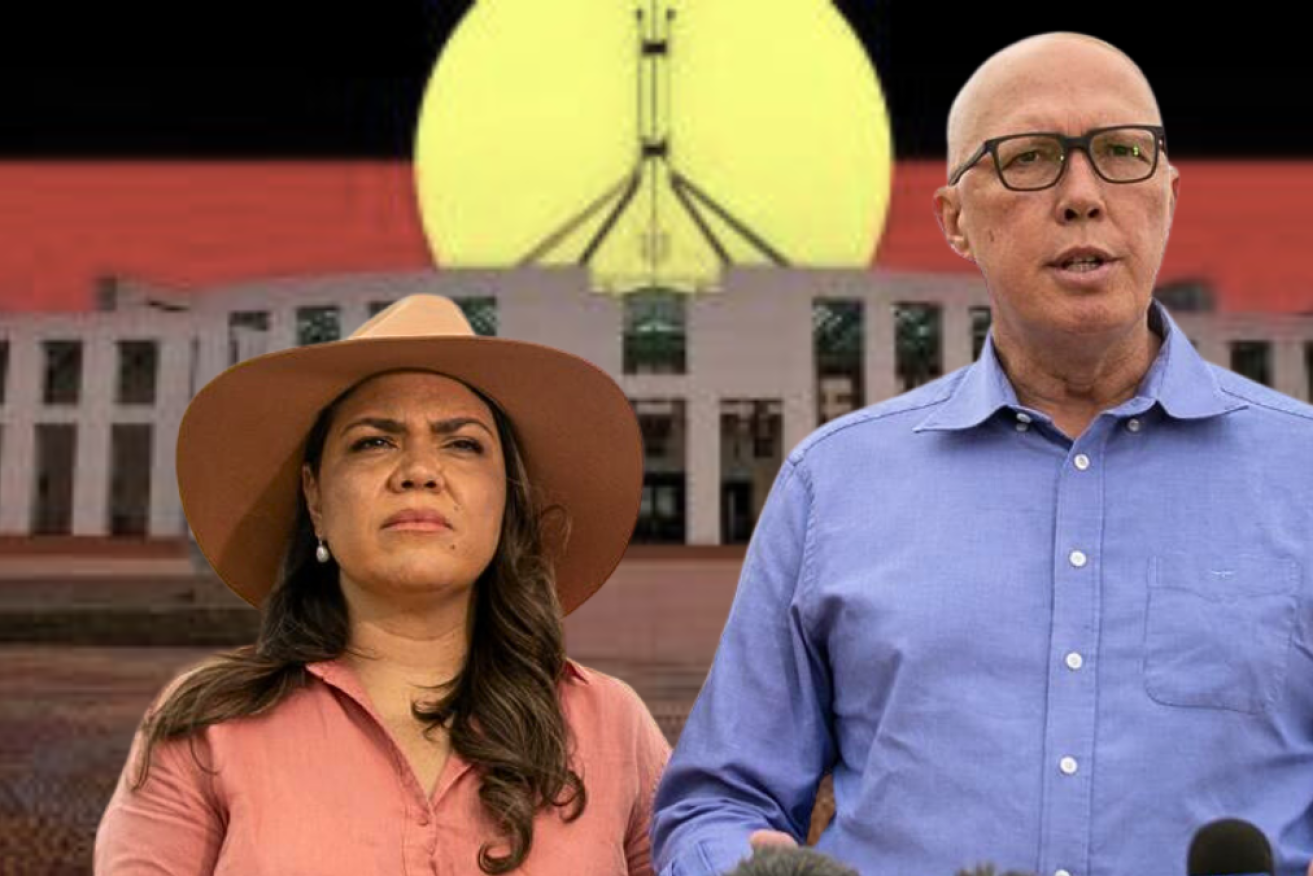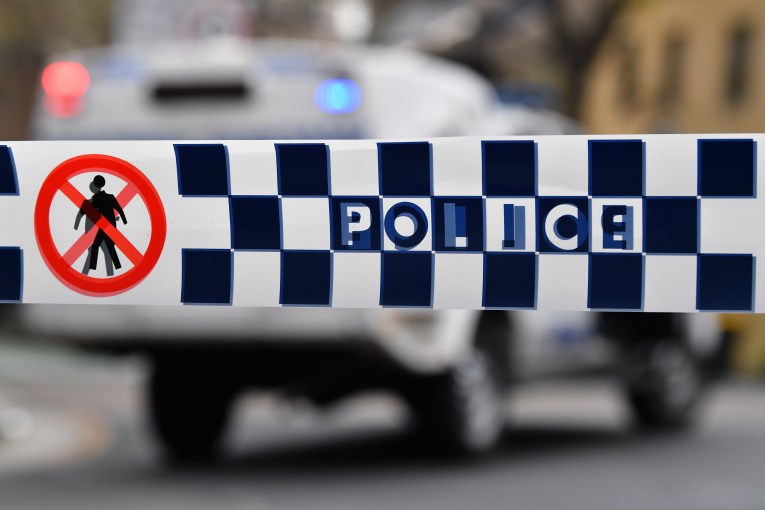Paul Bongiorno: The referendum is resembling a slow-moving car crash


The gridlock of politics is stopping the completion of our unfinished constitutional business, Paul Bongiorno writes. Photo: AAP/TND
Referendum day on October 14 is looming as the day when a majority of Australians will reject the simple idea of recognising the unique place of First Peoples in the nation’s foundational document is something good to do.
It would confirm that any attempts to complete the unfinished business of our Constitution, as John Howard once described it, are condemned to the gridlock of politics.
There is no chance that the 1967 referendum, which overwhelmingly finally accepted that Indigenous Australians actually existed in the federated nation, will be repeated.
If Yes does somehow manage to reverse the downward spiral of the polls in the next three weeks, it is improbable it will get there with 90.77 per cent of the vote.
It is a huge climb from the 36 per cent support in the latest Newspoll.
And it is well to remember that a major contributor to this outcome is the refusal not only of the Coalition parties but others in the Parliament to see it as above the arm wrestle that is partisan politics.
History repeats
The four referendum proposals the Hawke Labor government put to the people in 1988 were roundly defeated by a Coalition opposition desperate for any sort of victory over Labor.
Twenty-one years previously when the Holt government brought the referendum machinery bills into Parliament there was not one dissenting voice. That meant there was no formal No case – no demand for equal time in the print and electronic media of the day to stir up fear and misunderstanding.
But spot the difference.
It was a Liberal Prime Minister Harold Holt proposing the redressing of an historic wrong. This time it is a Labor Prime Minister, as in 1988, doing it.
But as Anthony Albanese explained in the 7AM podcast on Monday he was merely completing the process put on the agenda by John Howard in 2007 and taken up by his Liberal successor Tony Abbott.
The proposal being put to the people was the framework for recognition the Aboriginal and Torres Strait Islander people were invited to make. It was never progressed by the Liberals and Nationals.
Years of inaction
Scott Morrison even promised to legislate a Voice advisory committee to the Parliament but didn’t get around to it. His minister for Indigenous Australians Ken Wyatt believes he and his cabinet were not interested in it, despite their lip service.
Deputy Liberal leader Sussan Ley says she can’t vote for “this divisive proposal” and will vote No “with a heavy heart”.
But at the same time her leader still wants – or says he wants – constitutional recognition and is prepared to legislate a Voice.
It unmasks the political cynicism and may go a long way to explain why Dutton has suffered a huge hit to his approval in the Newspoll.
The Opposition Leader is now at minus 20 – his worst result since he became leader after the election.
Imagine how different it might have been had Ley and Dutton seen the referendum proposal in the same terms as their colleague Julian Leeser: A moment that “can heal our land. We can make it stronger. We can do this and more by voting Yes.”
Divisive ploy
If you take the shadow minister for Indigenous Australians Jacinta Nampijinpa Price’s arguments against the Voice at face value, any recognition of a unique place in our nation’s history of First Peoples is divisive.
It only is if you choose to define it that way and play on the prejudices of some very ugly extremists who turned up at No rallies at the weekend.
Albanese says had he walked away from his commitment to constitutional recognition through the Voice because it was too hard he would be walking away from a promise he made to the Australian people.
He says he wants to restore faith in the way politics is conducted. Perhaps he should have been more alert to the way it is actually conducted.
Albanese admits: “There was never going to be certainty about an outcome when you are trying to change the Constitution, but if you don’t have the courage to advance the question then you’re in the same position. No recognition, no Voice, nothing moving forward.”
The polls suggest Albanese is paying a price for the courage of his conviction. He has fallen from the heights of approval he had before the referendum campaign gathered steam, but is still well ahead of Dutton.
Bringing the nation together after the referendum will be an immense challenge, especially as it looks like confirming our fair-go view of ourselves may fall a long way short of the reality.
Paul Bongiorno AM is a veteran of the Canberra Press Gallery, with more than 40 years’ experience covering Australian politics








